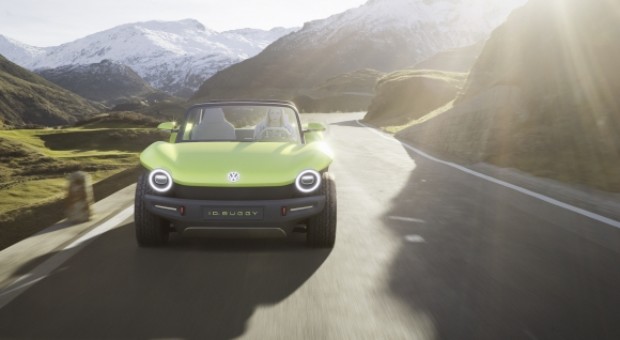
Green EuroNCAP: Latest Diesels Clean Up Their Act
Green NCAP is a unique new consortium, comprising European governments, motoring clubs, consumer groups and universities, hosted and supported by the European New Car Assessment Programme. It aims to promote cars that are less polluting and more fuel- and energy-efficient by providing consumers with independent information about cars’ performance in tests that go well beyond legislative requirements to uncover the differences between manufacturers’ emissions-control strategies.
Green NCAP, the consumer programme for greener cars, launches its second round of results today. Five cars have been rated on their performance for Clean Air and Energy Efficiency. The Mercedes-Benz C220d 4MATIC and the Renault Scenic dCi 150, both diesel cars, achieve three stars apiece; the Audi A4 Avant g-tron, the first CNG car assessed, also gets three stars; the Opel/Vauxhall Corsa gets a creditable four stars in its 1.0 litre petrol form; and the Nissan LEAF, the only pure electric vehicle in this release, achieves the full five stars.
In recent years, diesel has been stigmatised as a dirty fuel but the Mercedes C220d 4MATIC shows it needn’t be. The C220d 4MATIC scored maximum points for the Clean Air Index, the same as electric vehicles. While electric vehicles produce no pollutant emissions, those of the Mercedes were below Green NCAP’s ‘high-performance’ threshold, meaning that it scored maximum points. The car’s three-star rating was defined by its performance in Energy Efficiency, less impressive than that in Clean Air, but still a reasonable rating for such a car. It is clear that new diesel-engined cars, with proper calibration and effective after-treatment, can deliver extremely low pollutant emissions.
The three-star Audi A4 Avant g-tron is fuelled by CNG (compressed natural gas), and is currently compliant with Euro 6b emissions standards. Such cars can still be sold in the EU but must soon be upgraded to meet Euro 6d-temp requirements. Green NCAP will test the updated model as soon as possible. While the g-tron operates almost exclusively on CNG, it also has a small ‘emergency’ petrol reserve, to get it to the nearest gas station. Both fuel modes were tested, the score and star rating being based on the CNG results with penalties if performance on petrol was significantly worse.
The fifth-generation Corsa, developed by GM, received four stars. The car will be replaced later this year with a Peugeot-Citroën (PSA) derived model. Four stars is a creditable result for a petrol-engined vehicle, and the model performs especially well in its control of pollutant emissions. Even the Scenic performed well, with impressive control of pollutant emissions and missed out on a four-star rating by only a small margin in Energy Efficiency.
The second-generation LEAF, the third electric vehicle tested by Green NCAP, achieved the full five green stars. Currently, Green NCAP tests vehicles ‘tank-to-wheel and does not take account of the energy involved in generating electricity or producing fuel. On this basis, electric cars currently offer the cleanest, most efficient motoring. Green NCAP hopes to be able to assess ‘well-to-wheel’ emissions and, ultimately, the whole life-cycle of vehicles to give an even more realistic view to consumers.
















